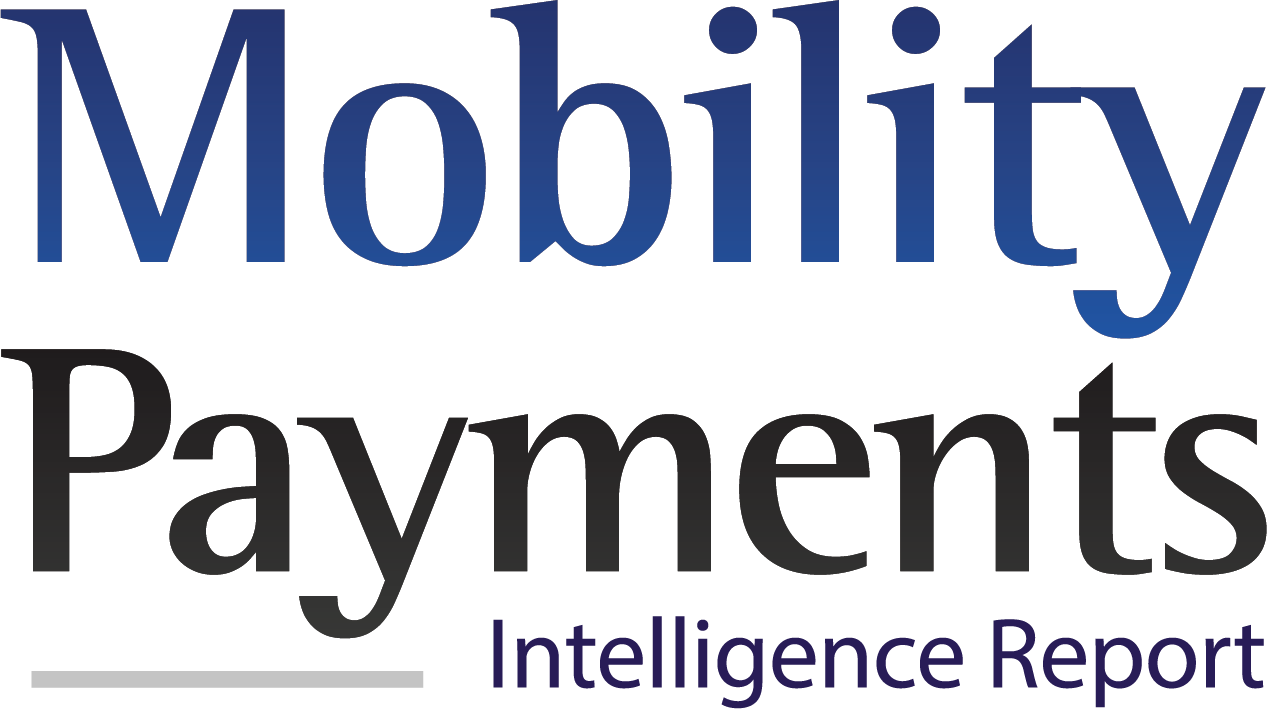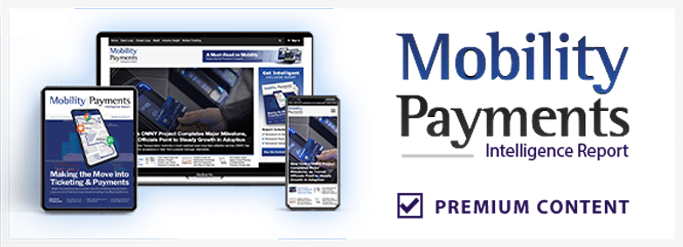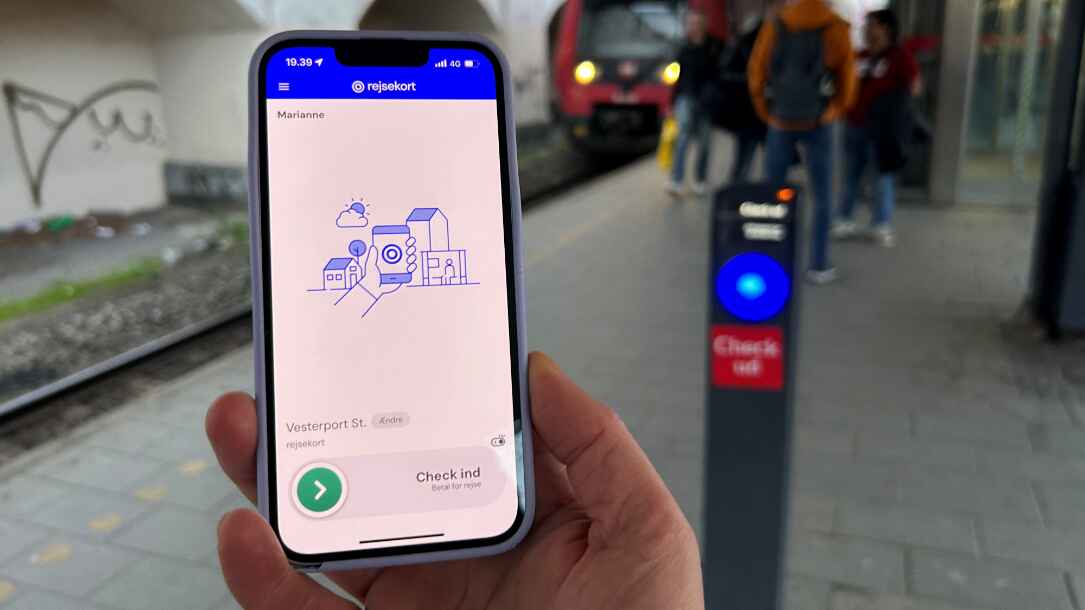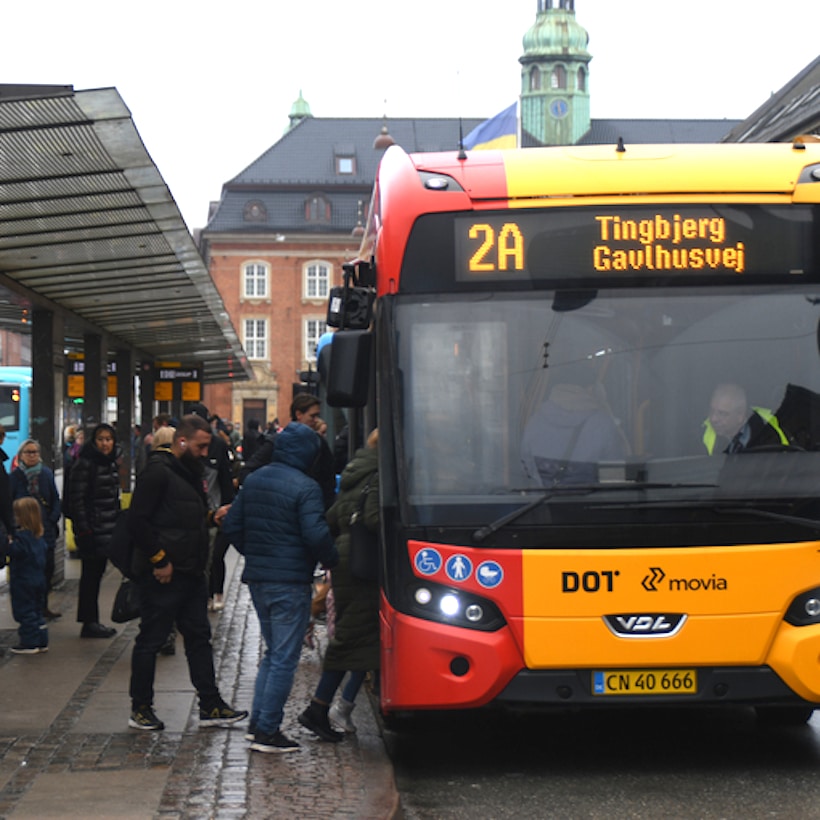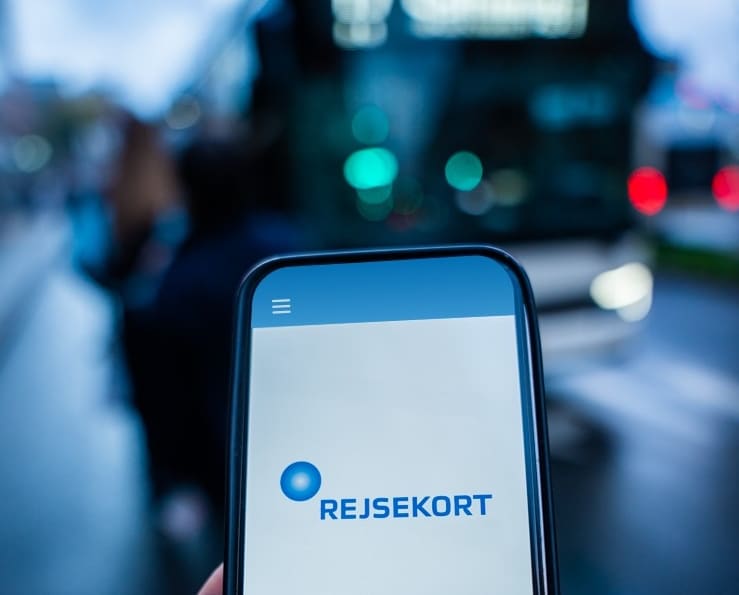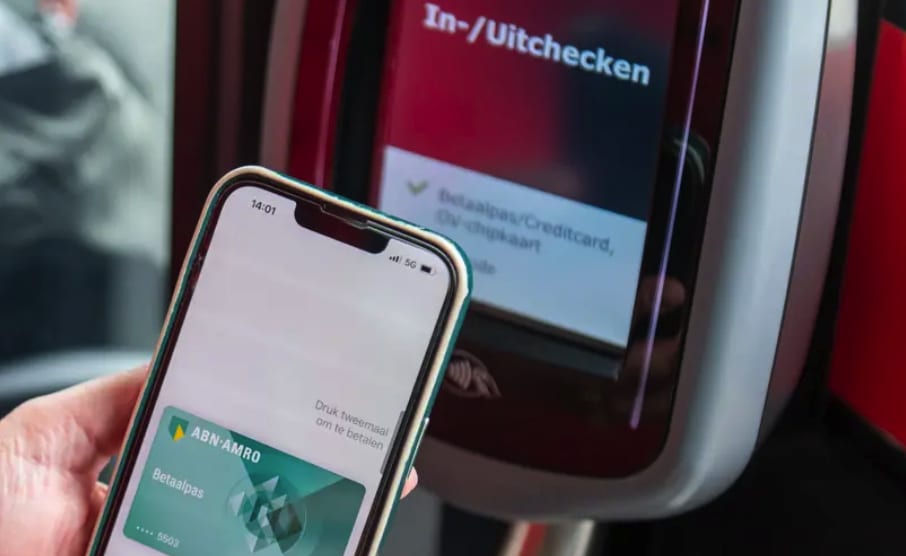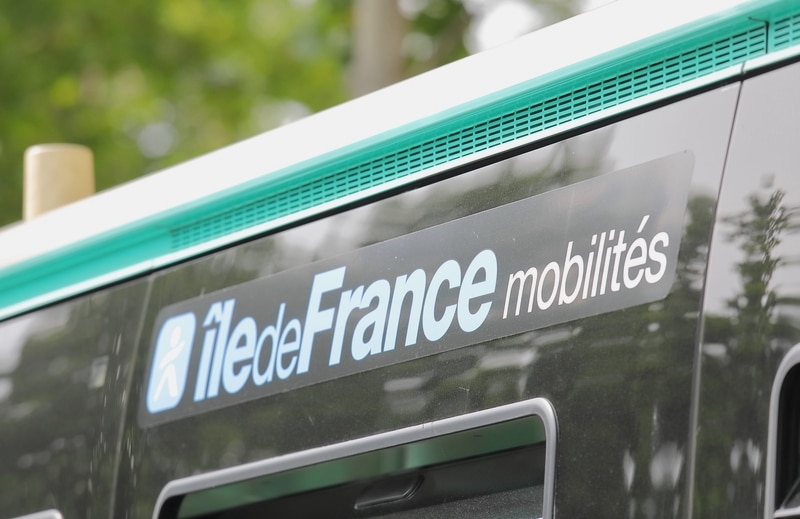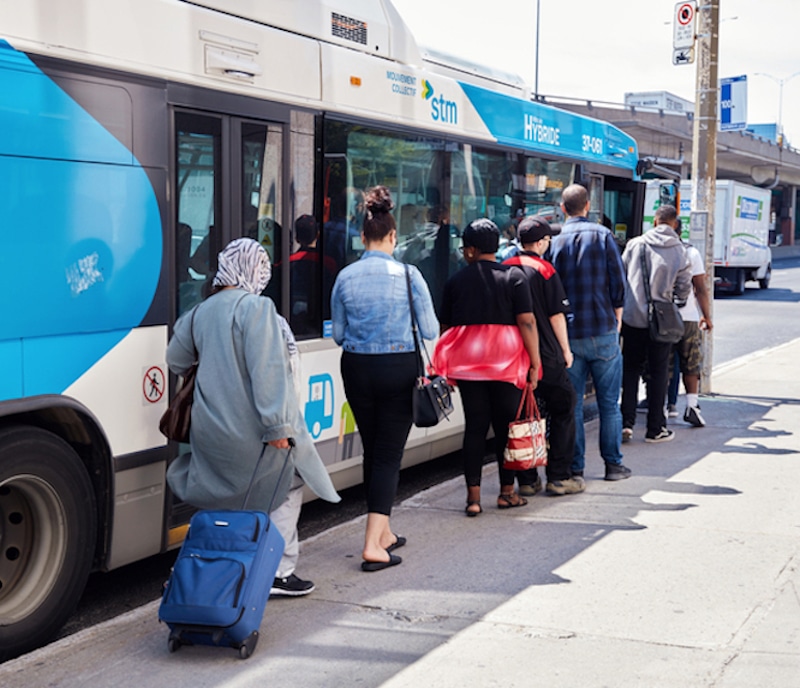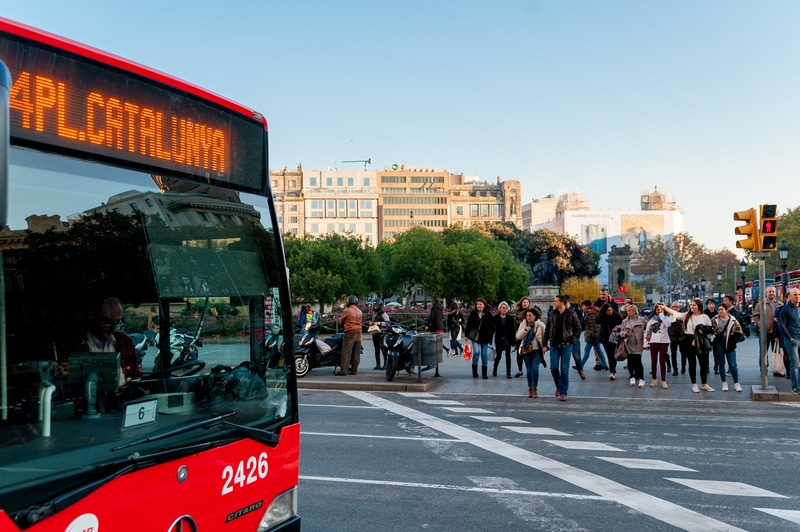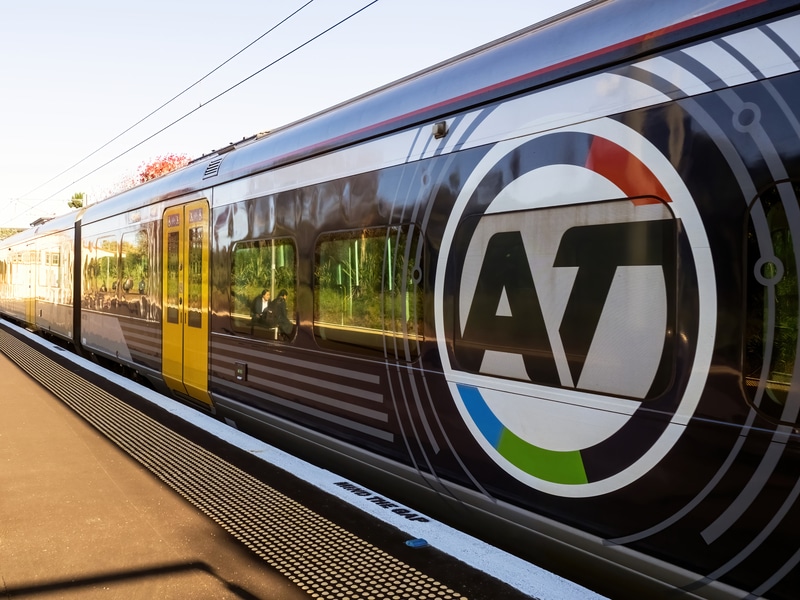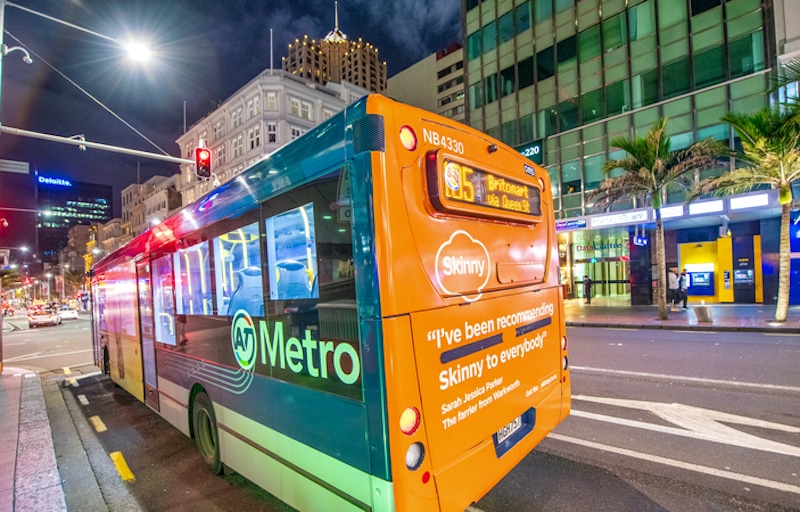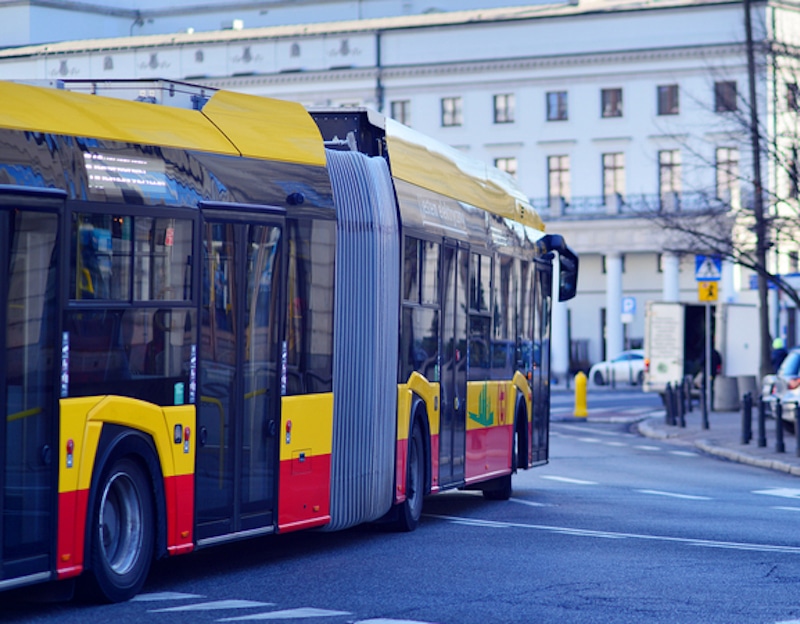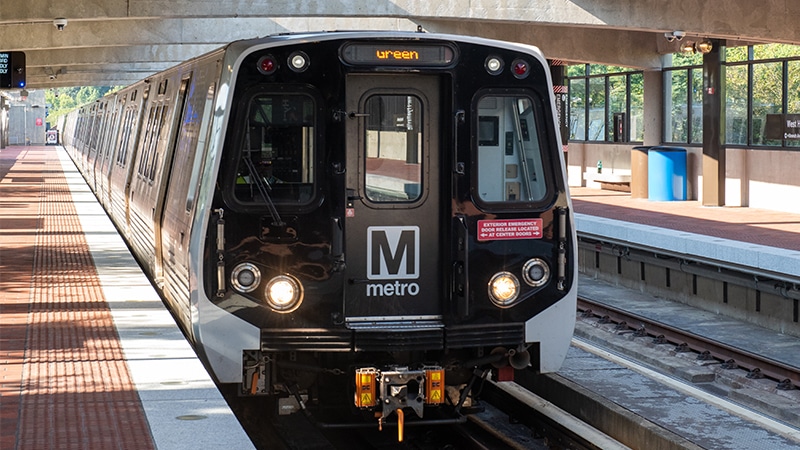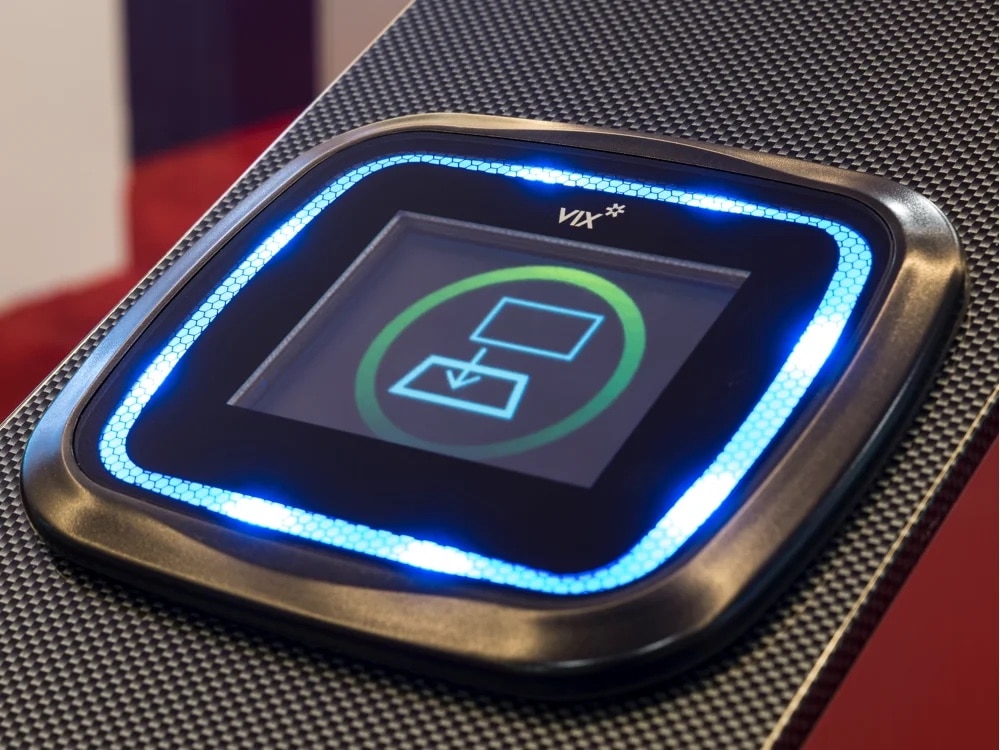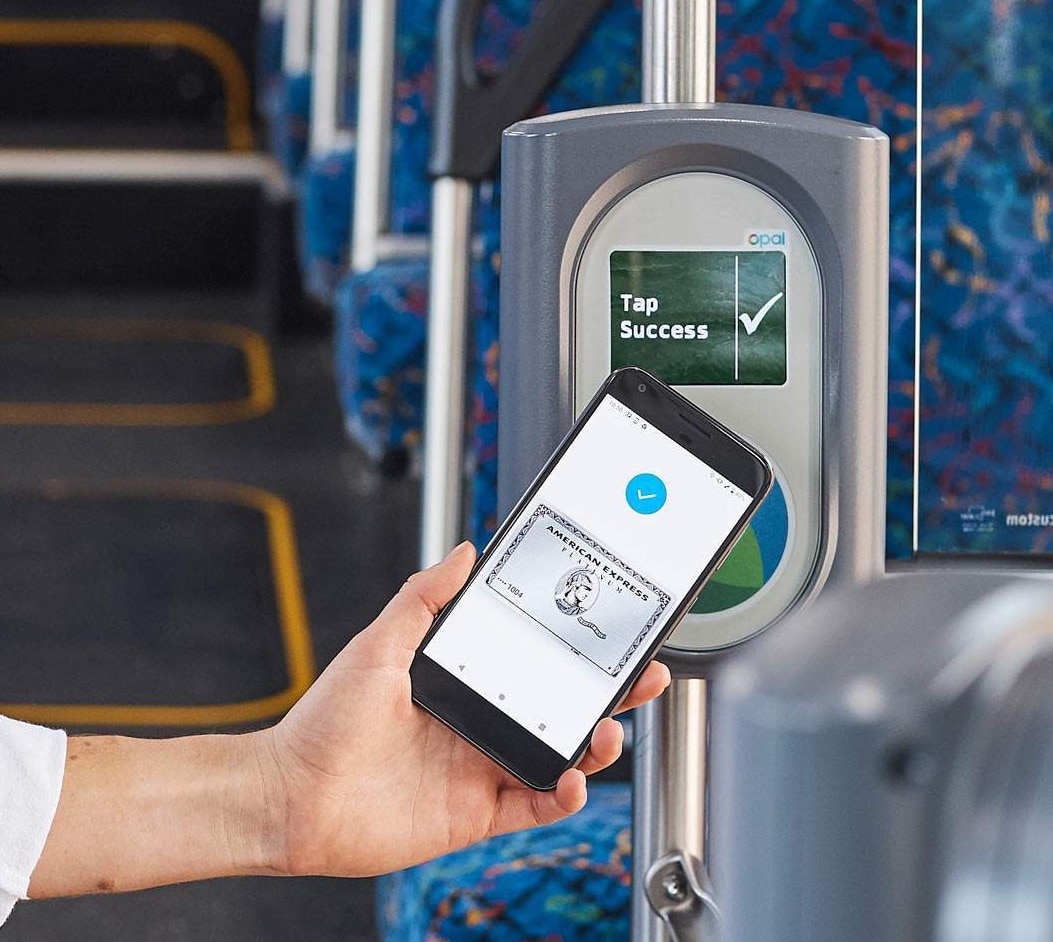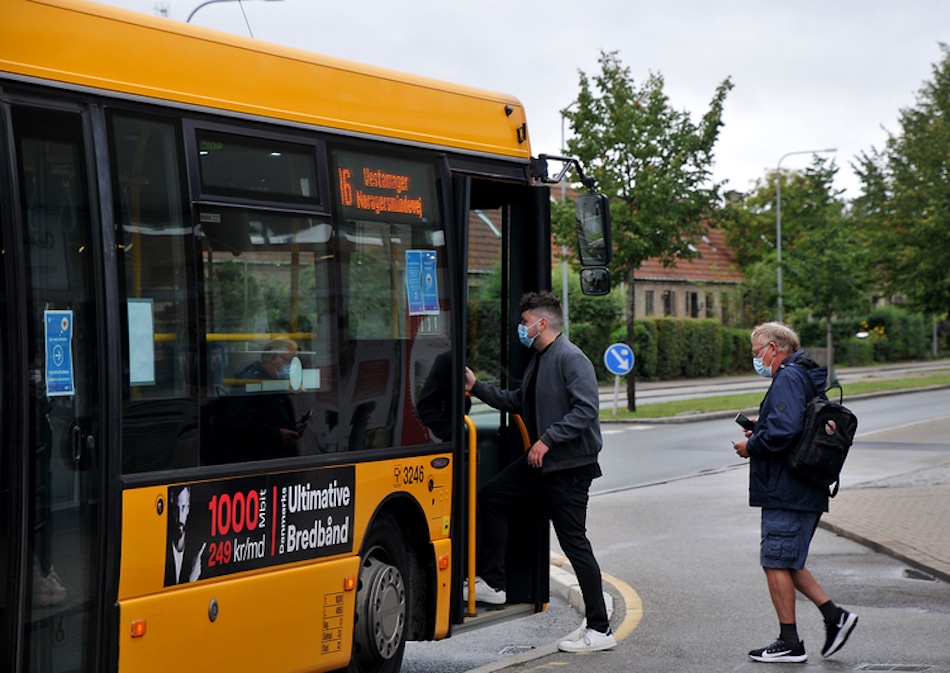
Article Highlights
Transit officials in Denmark have qualified a list of eight suppliers to compete for five vendor slots to provide technology or services for the country’s planned DKK 500 million (US$65.2 million) national mobile-ticketing system. Thales, Cubic, Hacon and Fairtiq, among others, make the cut to potentially provide technology under a framework agreement.
A total of 21 companies submitted proposals seeking to capture one of the five vendor slots that will potentially provide technology or services under a framework agreement.
Transit officials in Denmark have qualified a list of eight suppliers to compete for five vendor slots to provide technology or services for the country’s planned DKK 500 million (US$65.2 million) national mobile-ticketing system, Mobility Payments has learned.
